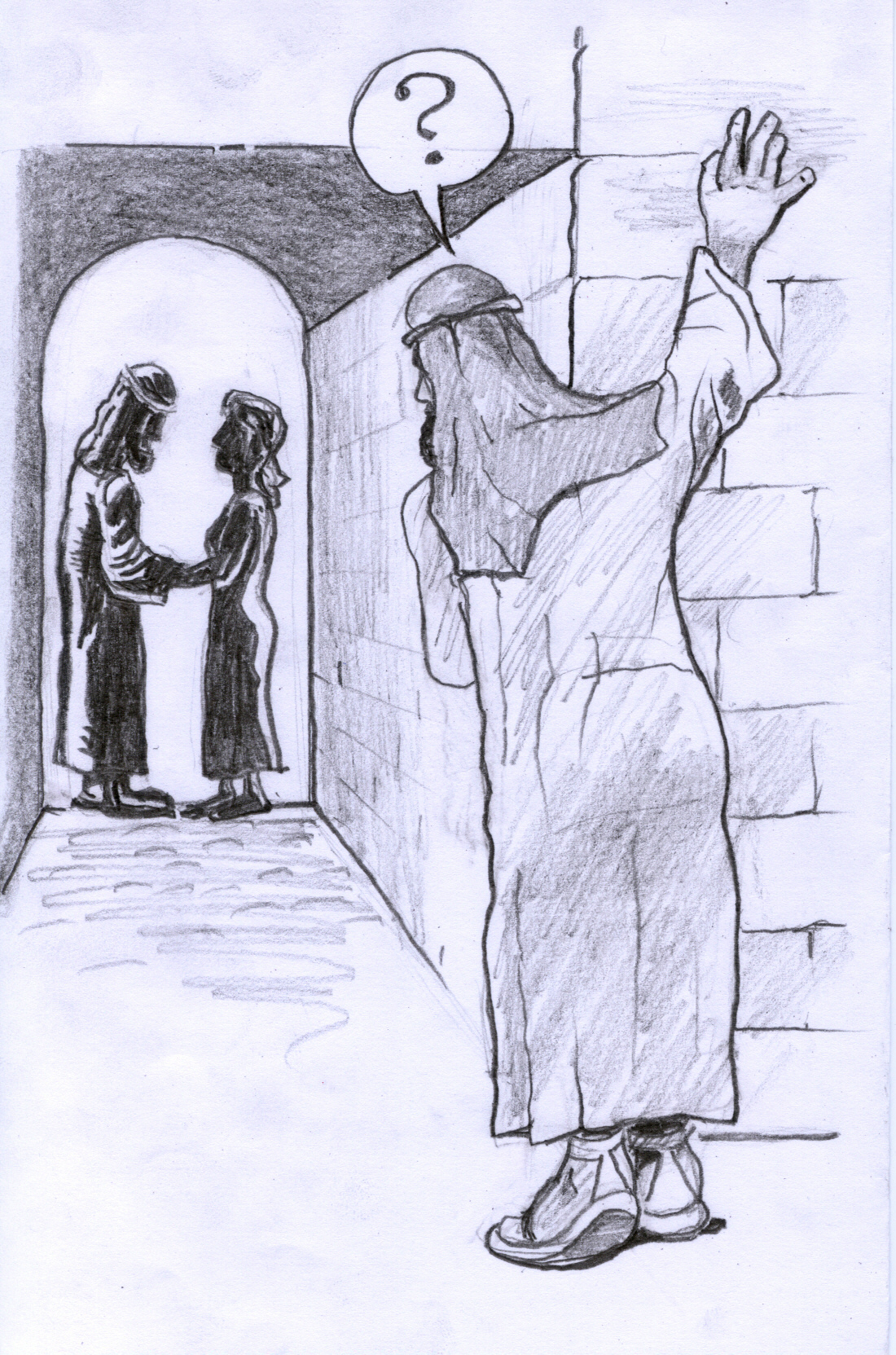What’s Your Story?
My Story- the Grace of Jesus Christ
My story is the story of God’s transforming grace that has changed my life. I was blessed to grow up in a Christian home and was going to church nine months before I was born. My mom and dad are committed followers of Christ. So I learned about Jesus from a very early age and when I was 9 years old I wanted to make a decision to trust Christ with my eternity. Looking back, I didn’t know much but I knew He had died on the cross for my sin and that in Him I would find forgiveness and not have to pay the price for my sin before a holy God. I sat in my grandfather’s house, with my dad, as they explained that God loves me and that Jesus had come to die on the cross so that I might have a relationship with Him. I could live with Him, now and throughout eternity. And so, with child-like faith, I asked Jesus to forgive me of my sin and I told Him I wanted Him to be the Leader of my life. I know that it was then that the trajectory of my life was forever changed.
Throughout my teenage years I was in a great youth group and I got involved in Young Life and later Campus Crusade for Christ on the college campus. I began to serve God through these ministries and through my many relationships. My junior year of college I knew clearly that God was calling me into vocational ministry. Following seminary, I was serving as a Youth Minister in Dallas when I had a “Grace Awakening” that was life-changing. Though I was a committed follower of Christ and serving Him in a great ministry, I sensed my motivations were skewed. You wouldn’t have known this outwardly, but inwardly I was driven by a need for approval, a kind of need to be needed. Ministry provided me a way to help, encourage, and bless others. In return I blessed by a sense of purpose because I was making a difference in the lives of others. But I realized I was not serving to honor Christ alone, but because of what serving others could do for me as well.
Several things converged in my life at that time but perhaps the most significant was a new revelation from God’s Word, found in 1 Corinthians 5:21 that says, “He made Him who knew no sin to become sin on our behalf, in order that we might become the righteousness of God in Him.” I understood the first part of that verse but it was the second part that changed my life. God was telling me that He had forgiven me fully, accepted me unconditionally, and loved me completely. Through Christ’s death upon the cross, He had made me righteous (perfect) before Him. I realized anew that my identity was found in Him alone- not in my performance or through the approval of others. I was able to embrace His grace fully and from that day on I’ve determined to live in it. This is why I can genuinely love others- even those who disagree with me or are unkind to me. It’s really not my grace to give, but God’s grace. I’ve since learned that when I serve Christ for any reason other than to make Him known, it becomes a form of idolatry- serving ministry (or others) instead of Him. On our best days, ministry is simply an overflow of the one relationship to which He has called us. The greatest joy of my life is telling others about this life-changing grace of Jesus and being there when the Light comes on.
For more stories or to post your own, go to: www.10000stories.org

 Throughout the Old Testament one of the primary analogies/images of God’s relationship with His people is that of marriage. In fact, the Jewish interpretation of the Sinai covenant is that of a betrothal ceremony- an interpretation that is found throughout the Old Testament (Jer. 2:2, 3:8-14, 31:32, Ez. 16:8). Israel’s idolatry- their worship of other gods is most often referred to as “adultery”. God says He will rejoice over His people as a groom rejoices over His bride. The Song of Songs is an entire book committed to the intimate marriage of God and His people.
Throughout the Old Testament one of the primary analogies/images of God’s relationship with His people is that of marriage. In fact, the Jewish interpretation of the Sinai covenant is that of a betrothal ceremony- an interpretation that is found throughout the Old Testament (Jer. 2:2, 3:8-14, 31:32, Ez. 16:8). Israel’s idolatry- their worship of other gods is most often referred to as “adultery”. God says He will rejoice over His people as a groom rejoices over His bride. The Song of Songs is an entire book committed to the intimate marriage of God and His people.